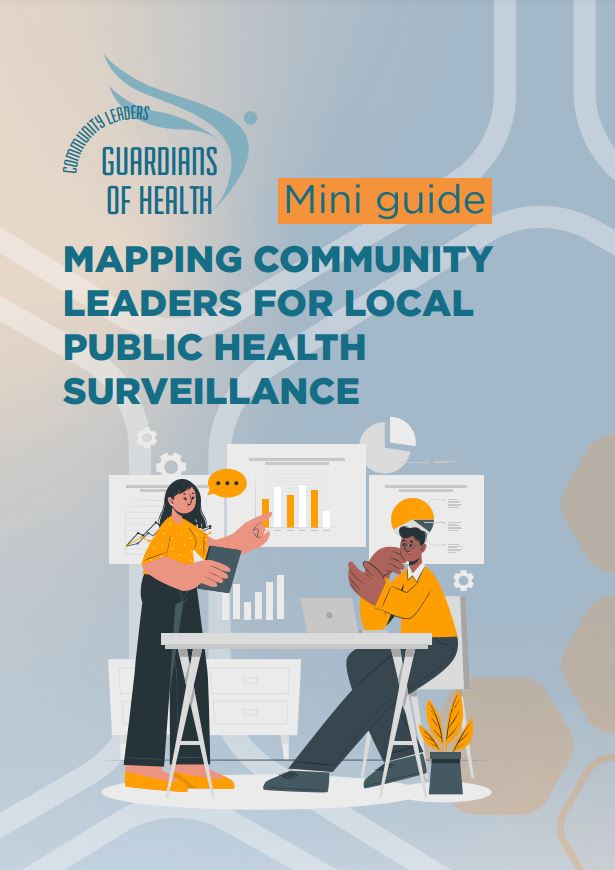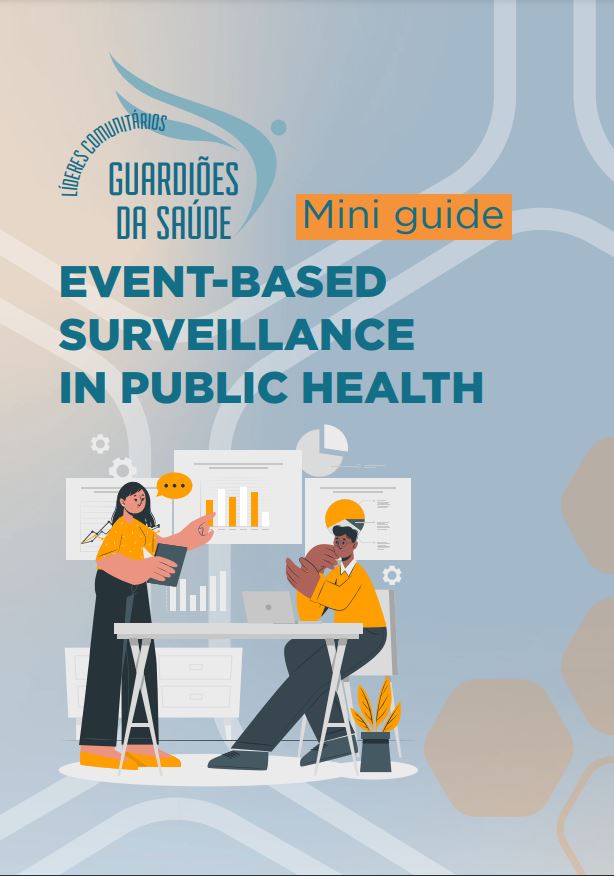
The Guardians of Health – Community Leaders project officially launched in April 2024. Based in Brazil and The Republic of Cabo Verde, the study aims to develop a new early warning system for health-related events involving the active contributions of community leaders.
The study is investigating whether a community-led event-based surveillance system is feasible and more effective at detecting outbreaks of infectious disease than conventional systems without direct community participation. It also aims to understand how sustainable this approach could be, and whether the involvement of community leaders in the design of the data reporting system from the beginning can help enhance local health surveillance in the longer-term.
The launch event included speakers from contributing partners and organisers, including the respective Brazilian and Cabo Verdean Ministries of Health, respective British and Cabo Verde Embassy representatives in Brazil, the National Institute of Public Health of Cabo Verde, the Association of Field Epidemiology Professionals (ProEpi), the Health Situation Room of the University of Brasília (SDS UnB), Brasilia Federal District surveillance and response teams (CIEVS) and colleagues from Pan American Health Organisation (PAHO), WHO Eastern Mediterranean regional office, Africa CDC and the UK-PHRST.
|
Speaking at the launch event, Prof. Gwenda Hughes, co-Principal Investigator, Deputy Director for Research from the UK-Public Health Rapid Support Team, and Professor of Epidemiology and Public Health at the London School of Hygiene & Tropical Medicine said: “The UK Public Health Rapid Support Team is delighted to be part of this exciting research collaboration in Brazil and Cabo Verde to understand whether a new surveillance system using the active input of local community leaders is feasible and more effective at detecting disease outbreaks when compared to conventional methods. “The study is led by our multi-disciplinary collaborators in Brazil and Cabo Verde who, working together with key local community leaders, will co-design the reporting system and test it in the real world. We hope that this low-cost surveillance system could act as a sustainable model for improved response to disease outbreaks for communities in low- and middle-income countries more widely.” |
This research project is fully funded with UK aid by the UK Department of Health and Social Care via UK-PHRST research funds.

